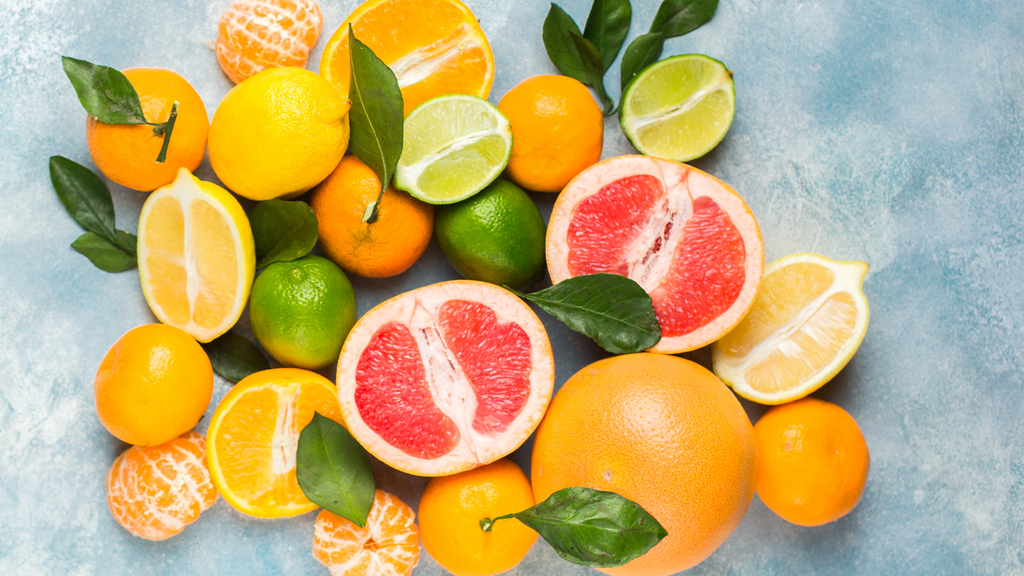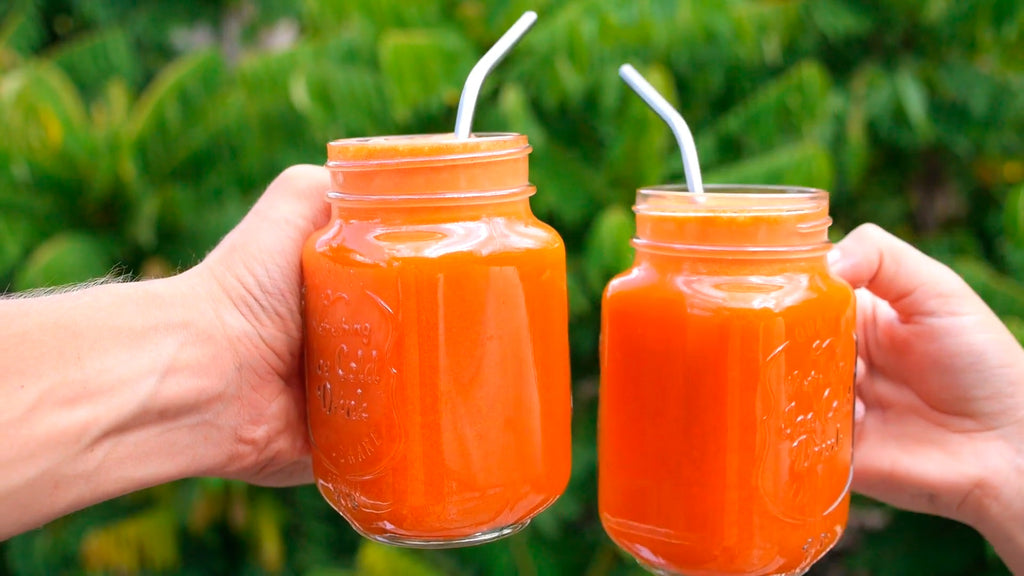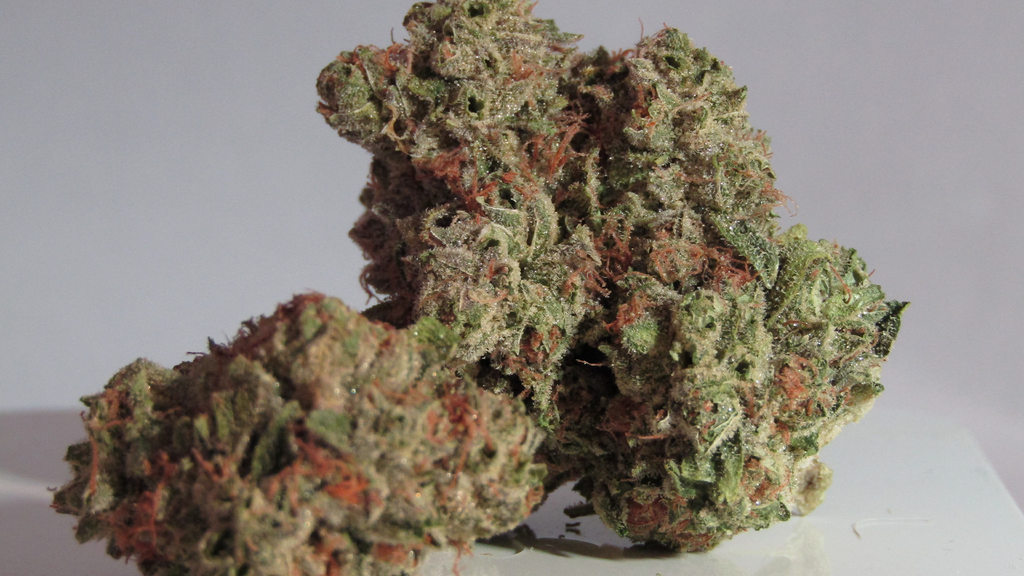Limonene: What It Is, Where It's Found, and Its Role in Cannabis

Limonene is one of the most commonly occurring aromatic compounds in nature. Found in citrus peels like oranges, lemons, and grapefruits, this terpene delivers the distinct citrus-forward scent that’s recognizable in everything from household cleaners to specific cannabis cultivars. But limonene’s reach goes beyond aroma; it’s a key component in a variety of natural formulations and cannabis expressions.
Whether it’s listed in a product’s terpene breakdown or part of a broader aromatic system, limonene’s versatility makes it worth understanding from both a manufacturing and cultivation standpoint.
What Is Limonene?
Limonene is a naturally occurring monoterpene, part of a broader family of terpenes found in plants and fruits. It’s especially concentrated in citrus rinds but is also present in conifer resins and other aromatic botanicals.
Limonene comes in two isomeric forms:
-
D-limonene – known for its citrus-like aroma.
-
L-limonene – tends to carry more pine-like, turpentine characteristics.
Most commercial applications utilize D-limonene, extracted via steam distillation or cold pressing of citrus peels, typically as a byproduct of the juice industry.

Where Limonene Is Used

Thanks to its natural origin, clean scent, and solvent properties, limonene is widely used in:
-
Household degreasers and surface cleaners
-
Fragrances, perfumes, and body care products
-
Food and beverage manufacturing (as a botanical additive)
-
Natural pest deterrent formulas
-
Botanical and essential oil extraction systems
Its biodegradability and effectiveness make it a preferred alternative to synthetic ingredients in many industries.
Limonene in Cannabis

In cannabis, limonene is one of the more dominant terpenes found in cultivars with citrus-forward aroma profiles. While all cannabis cultivars produce a range of terpenes, those with a bright, citrus scent often feature limonene prominently in their terpene breakdowns.
Examples of cultivars commonly associated with limonene include:
-
Super Lemon Haze
-
Jack Herer
-
Sour Diesel
-
Durban Poison
-
Berry White
The presence of limonene in these cultivars is largely genetic, though growing conditions and processing methods also play a role.
Aromatic Significance in Cannabis Formulation
Terpenes like limonene are valued in both cannabis and non-cannabis formulations for their contribution to aroma and overall sensory complexity. In cannabis, limonene may be highlighted on product packaging or lab results, especially in concentrates and flower, where terpene preservation is a priority.
Cultivators and extractors often focus on methods—such as cold curing or low-temperature extraction—that help retain delicate aromatic compounds like limonene.
What Affects Limonene Expression in Cannabis?
Limonene content can vary significantly depending on:
-
Genetics – Certain cultivars are predisposed to higher limonene production.
-
Environment – Variables like lighting, temperature, and humidity impact terpene synthesis.
-
Harvest timing – When trichomes are harvested affects overall terpene concentration.
-
Curing and storage – Terpenes can evaporate or degrade if not handled properly post-harvest.
Cultivators aiming to emphasize limonene or other dominant terpenes often dial in these variables throughout the growth cycle.
STIIIZY complies with all applicable state laws regarding the sale and marketing of cannabis products. This content is intended for adults 21+ in jurisdictions where cannabis use is legal under state law. By engaging with this material, you acknowledge that you are of legal age in your jurisdiction.
This content is for informational and educational purposes only. It is not intended to diagnose, treat, cure, or prevent any disease or medical condition. STIIIZY makes no health claims about cannabis products. Consult a licensed healthcare professional before using cannabis, especially if you are pregnant, nursing, or have a medical condition.
Cannabis products may affect individuals differently. Consume responsibly and avoid operating vehicles or machinery after use. STIIIZY disclaims all liability for any adverse effects, legal consequences, or misuse resulting from the use of our products or reliance on this content.
Cannabis laws vary by state and locality. This content does not constitute legal advice. Users are responsible for understanding and complying with their local regulations.
Statements about product effects or benefits are based on general industry knowledge and user experiences. Individual results may vary. STIIIZY does not guarantee specific outcomes.
References to third-party studies, testimonials, or external resources are provided for context only. STIIIZY does not endorse or validate these materials unless explicitly stated.
The views and opinions expressed in this blog are those of the author and do not necessarily reflect the official policy or position of STIIIZY.

